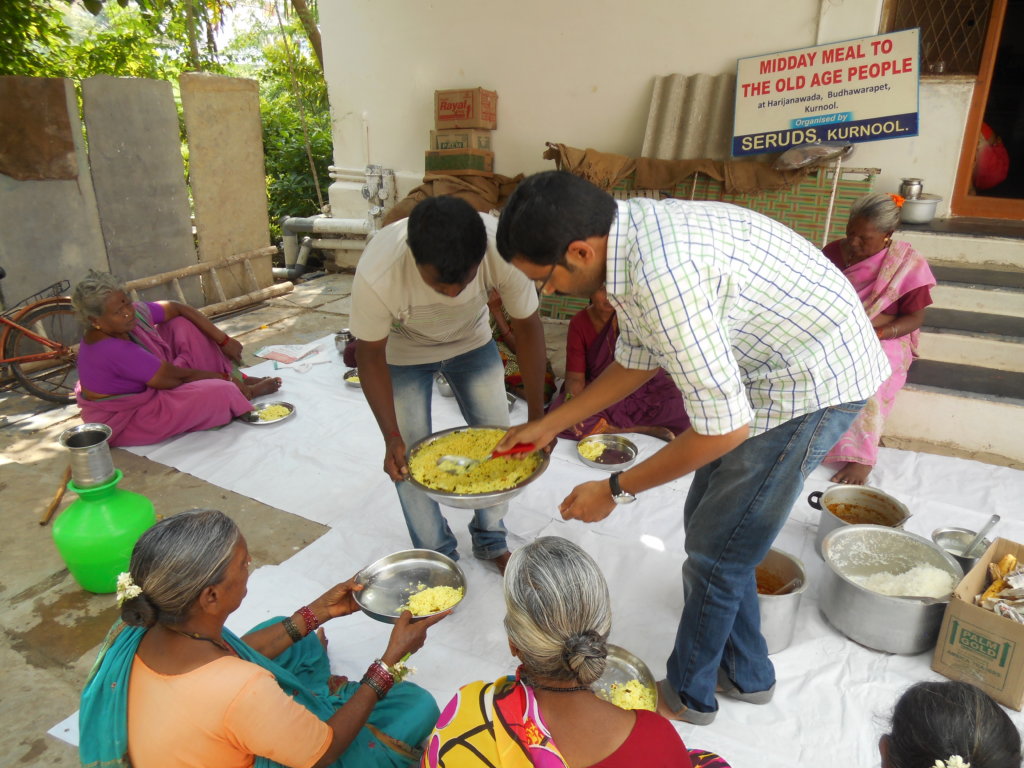
Offering to the poor not only helps those in need, but it also benefits the giver by enhancing their physical, psychological, emotional, and spiritual wellbeing.
Food Donation In India
Around one third of food produced is wasted everyday in our society. It is seen that wasted food decomposes instead of feeding the estimated 811 million hungry people worldwide.
The decomposition process contributes 8% to 10% of the world’s greenhouse gas emissions.
Loss and waste occur along the entire food supply chain due to inadequate storage facilities, consumer confusion or inefficient behavior, and also due to surplus or faulty products on farms.
Importance Of Food Donation
There are many importance of food donation, few of them are explained in the following points:
- Less environmental damage: Although one is less evident than the other, food donations actually support two initiatives that improve communities. Along with the direct advantages for the people living in our communities, the planet also gains a lot. Less food that is undamaged is thrown away, which means less food is wasted by being dumped in landfills.
- Blooming community members: People who can eat are able to participate as active and involved members of their communities because they are in good enough health. This benefits society as a whole as well as the local communities and economy.
- Become an example: It’s simple to donate food. Numerous food banks and pantries will gladly accept your donations. Unfortunately, individuals don’t think about it as frequently as they should. Once you begin volunteering, you will have a valuable experience that you may share with others. Participating in community service projects is beneficial for the body and the mind. It’s a special chance to network, find out more about the challenges your neighborhood faces, and contribute in some small way to giving back.
- Emotional hand & physical health: Participating in community service projects is beneficial for the body and the mind. It’s a special chance to network, find out more about the challenges your neighborhood faces, and contribute in some small way to giving back.
Advantages Of Being A Food Donor
The advantages of being a food donor are provided in the following points:
- If you are owning a business, then your business may be able to deduct the donation amount from the taxes to save money.
- As there is less waste, the dumpster rental costs will be lower.
- Employee engagement is greatly improved since they feel good about giving food to the hungry rather than tossing it away.
- The neighborhood gains. The donated food is given to nonprofits at no cost, and the clients of those organizations can access it.
- Food waste reduction benefits the environment.
How To Donate Food: Process
Step 1: Identify the organizations that take donations: Find out which organizations in your neighborhood accept donations by doing some research. Dedicated food banks, homeless shelters, domestic violence and abuse shelters, and adolescent homes may all be available in your area and all take regular food donations.
Step 2: Understand what can be contributed: There may occasionally be an excess of some foods and a lack of others. Most non-perishable items, such as canned food and uncooked rice or pasta, are typically accepted without a problem, but it’s always a good idea to check.
Step 3: Assemble the things you want to donate: Your pantry likely contains several things that are excellent choices for donation, but it’s never a bad idea to purchase items particularly for donation.
Step 4: Look at the food’s expiration dates: Food that is out of date or about to go bad shouldn’t be donated. Make sure your products are at least 6 months from their expiration date.
Step 5: Make sure the packaging is intact: Don’t give any cans with significant denting, smashed cartons, or leaky items. Even though the majority of donation centers already do this, inspecting items before giving can save them a lot of time.
Step 6: Deliver the food to the specified locations and times: Many organizations only accept donations on specific days and times. Prior to when you intend to do your drop-off, ask them for this information.


